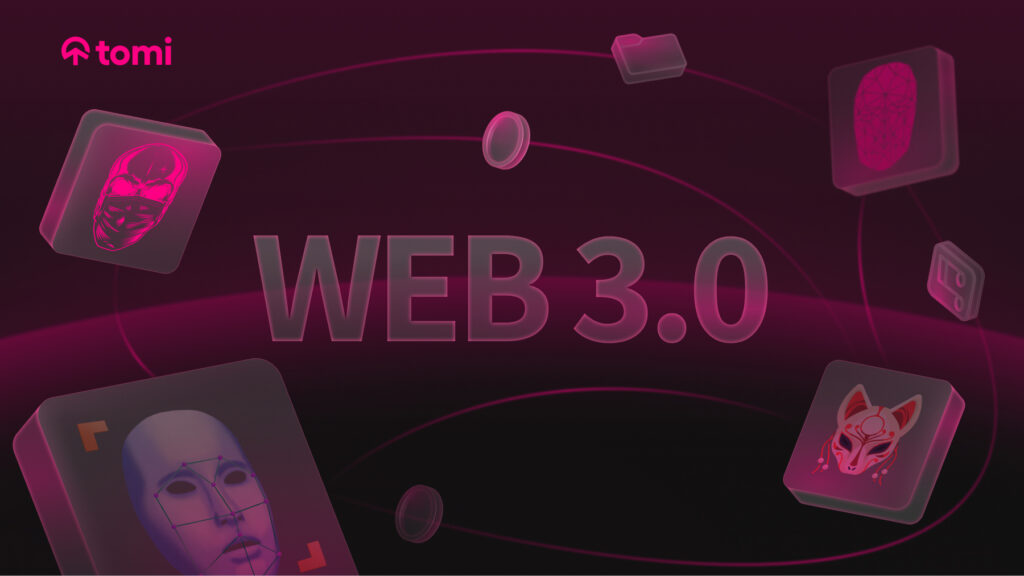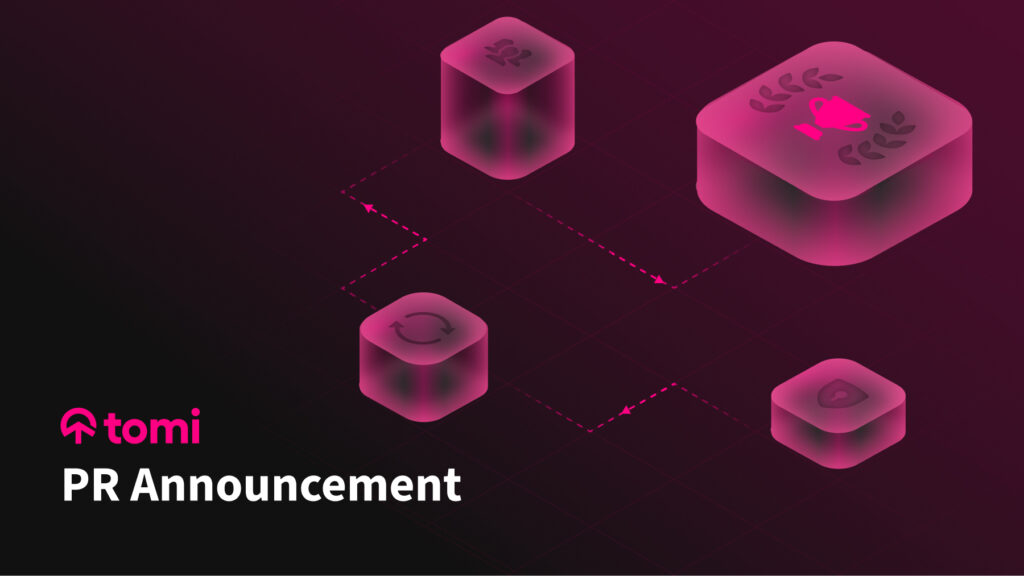Data has indisputably been crowned the most important resource of our digital age, with its ability to drive marketing campaigns, influence politics, and generate value for businesses cementing it as a sought-after commodity. Yet, users that are the source of this personal data fail to see any of the value their own information generates in Web 2 systems.
Centralized systems concentrate power in large-scale organizations and governments, both of which have a long history of using surveillance on the internet to track user movements, capture information, and create detailed information packs to use for their own gain.
The extent to which Web 2 companies track users and collect their personal data is far from a secret. In fact, in October of 2024, as many as 85% of consumers in the US stated that they totally agree that users were ‘constantly tracking and collecting their data.’ This reflects a wider trend across the states that has occurred over the past few years, with 62% of users being aware that companies sell their data in 2020 and a higher 75% reporting the same understanding in 2022.
While this dominant system of business conglomerates and government enterprises capturing and using personal data has existed for decades, things are starting to change. Decentralized platforms and Web3 systems promise to empower users, returning power over their personal data back to the user.
In this article, we explore this new era of digital surveillance and data privacy, detailing how Web3 alternatives like tomi could represent a better future for users everywhere.
The Era of Surveillance
Internet surveillance pertains to any tracing of the movements, actions, and interests of a user as they navigate through pages on the web. Due to the dominance of a select handful of companies in the Web 2 space, a small range of platforms are disproportionately used to navigate the internet. For example, over 65% of internet users rely on Chrome as their browser of choice, giving Google access to a huge volume of customer interactions with the web.
Websites will track user interactions using cookies and other technologies that monitor interaction, building up a picture of what a user does on their site, how they spend their time, and what they’re interested in. While none of this information is inherently malicious, it holds enormous value for companies that are willing to pay.
Back in 2022, Google was ordered to pay nearly $400 million in a privacy settlement, after admitting that it was collecting private user data and distributing it to third-party vendors. These third-party platforms can deploy user information to create marketing campaigns and sell products, creating a lucrative market that runs on customer information.
A recent report from the Office of the Director of National Intelligence in the USA also demonstrates that governments are willing to participate in the same culture of user surveillance. While not admitting to tracking user activity, this report demonstrates how the US government actively buys data on its citizens to track private behavior, social connections, and the speech of its citizens.
Whether spearheaded by a global enterprise or a government, these methods of extracting user data and either selling it or using it for intelligence are a direct breach of the fundamental right to user privacy.
The Importance of Digital Rights
Countries around the world have always placed a high degree of importance on data protection and the individual’s right to privacy. Laws like the Data Protection Act, the General Data Protection Regulation (GDPR), and the Privacy Act all seek to give users control over their data, including its storage, erasure, and access to it when requested.
These laws aim to offer three core pillars to users around the world:
- Complete Privacy: The right to control how your personal data is used, where it is stored, and who can do what with it.
- Access to Information: The promise that all users will have fair and equal access to information and the ability to solicit data that pertains to them.
- Freedom of Expression: The ability to express oneself freely online, as so far as this does not impose on the liberties of others or violate the rights of others to be free from violence and discrimination.
Each of these rights is fundamental to the online experience, as it allows users to navigate the internet, access information, and engage with online discourse in an equitable way. Yet, the imposition of tech companies and governments that instead harvest user data and use it for surveillance and capitalistic purposes is a direct confrontation of these rights.
The legacy of Web 2 systems has normalized the loss of control over personal data, creating a system where users forget that their own data has power and they are the ones who should be in control of it.
The Decentralized Push Toward Privacy
Web3 technology – driven by decentralization, user-first operations, and user-privacy – holds the potential to return the control and agency over data back to the customer. Decentralized systems look to remove any centralized sources of power, instead distributing control and data across a widespread network.
In Web 2 systems, companies like Meta, Google, and X hold enormous power over user data, as they are enormous institutions that house customer information from all over the world. The decentralized structure of Web3 systems moves away from this tradition, instead returning power to users by allowing them to decide where they store their data, how it is used, and what is done with it. Web3 prioritizes security, placing the user’s wishes and their security above all else.
One driving force for privacy within Web3 projects is the use of identity coins. When verifying personal data within Web 2 systems, customers must share information with businesses that can then store their data and even potentially use it for nefarious purposes, like selling it on to marketing agencies.
In decentralized systems, users can leverage an identity coin, which is a digital representation of their data. Instead of revealing this data to companies, they can instead use the coin to verify and authenticate their identities, issuing a token that demonstrates their authenticity without having to directly reveal that information to the receiving party.
An identity coin and its method of information sharing centralizes the user’s experience, making their privacy a primary factor. By giving privacy back to users and allowing them more control over the information that they share online, this decentralized form of operation pushes back against the standard treatment of personal data in Web 2 and creates a new, user-focused precedent.
The Future of Digital Rights
A Web3 internet that returns power to the user would radically shift the active landscape of digital rights and privacy. While Web3 adoption is still an uphill battle, the significant quality of life improvements that this system holds could be a major turning point in the history of the internet.
Of course, a shift to Web3 applications and a wider decentralized internet would directly erode power from the Web 2 tech enterprises of today. Likely, this would receive major pushback from these entities, as the movement from a surveillance-driven internet to a privacy-first model will eat into their profits and lessen their control over customers.
By offering a truly decentralized internet experience, tomi is leading the fight against Web 2 surveillance. With robust privacy protections and an easy-to-use platform, tomi offers users that are familiar with the Web 2 internet a parallel experience, but one that helps them break free from centralized parties and command ownership of their own data.
Discover the internet of tomorrow and get involved with tomi today by downloading the Web3 tomi Browser.



